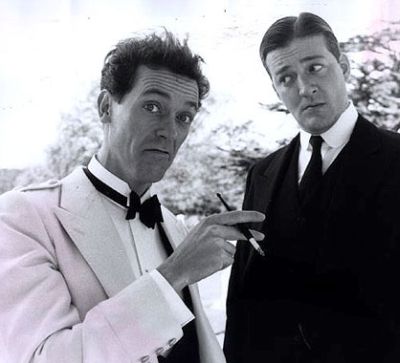
I was thinking just now about the nature of arguments. I used to love arguing. As the time passes, I come closer to the opinion that for the most part they are useless.
I say for the most part, because there are exceptions. Arguments can lead to one or both parties changing their opinions if: 1) one or both parties are intelligent and open-minded individuals, 2) one of the parties is authoritative (his/her opinion matters) to the other party for whatever reason. Since both cases are rare, the arguments leading to people changing opinions are also rare.
Another way that arguments can be useful is by allowing the people involved to strengthen their position in their own mind. For example, oftentimes, when I argue with someone, I do not change my opinion in the end, but my opponent oftentimes asks questions which, though by themselves not convincing enough to change my opinion, nevertheless are interesting. After I look for the answers to the questions and find them, my position becomes even stronger.
Discussions are a completely different thing. People approach discussions with an open mind. They do not enter into discussions to defeat the opponent or even to uphold one’s view. They start a discussion to learn something new.
A difference between an argument and a discussion is that between a fight and rowing a boat together.
I have also noticed that arguments in the scientific environment are usually very short (not to be confused with the “academic” environment in general, where arguments in the hack-in-chaynik manner can go on and on). Probably because for the most part they are about facts, not, as they say in Russian, pouring liquid from a full cup into an empty one.
Which brings me to the main point of the post: throughout the history, duels have always been rather on the short side. Works of fiction (in literature and cinematography) portray duels as really long, drawn-out affairs, but in most cases, they took a few minutes at most. This included the duels in the West (both using swords and pistols) and in the East (e.g., a samurai duel consisted of a waiting period of intense concentration after which both samurai rushed towards each other and made one single movement — the one whose blow landed first usually managed to kill his opponent and went home).
Sometimes, however, the portrayal of duels is quite accurate. I give you two Western examples.
A more modern example, borrowed, no doubt, from cowboy movies:
An example from Napoleonic France (there is an even better scene from that movie, where they duel on foot, using rapiers, but I couldn’t find it):
3 comments:
Though often pointless, arguments offer harmless entertainment, which can't be said for many other things.
Who is to say that such entertainment is harmless? What about bittul Torah?
Is it harming bittul torah to argue?
Post a Comment